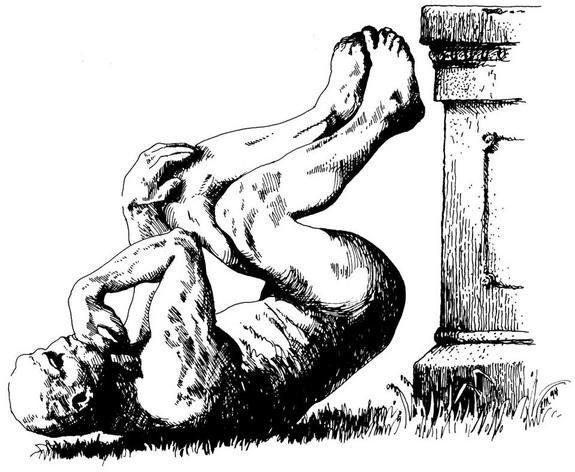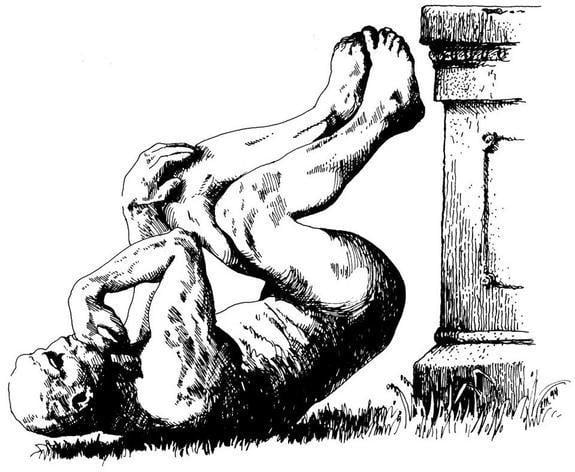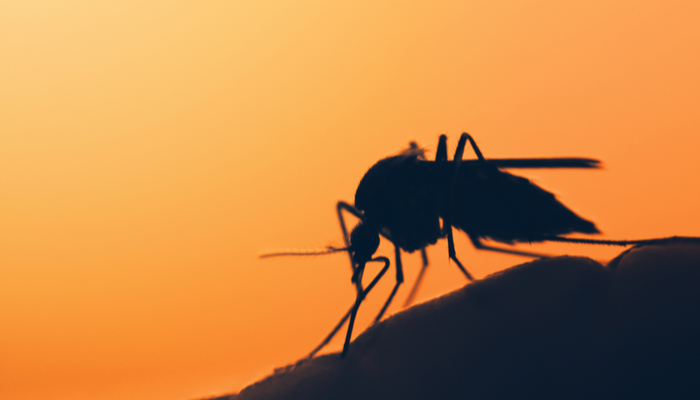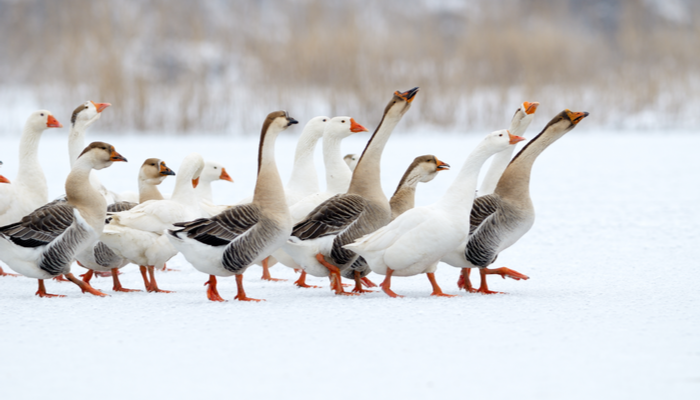Academics have gathered at Harvard University to bear witness to another year of Ig Nobel Prizes; from the link between owning a cat and mental health, to using bacteria from faeces to get your fermented sausages going, there was something for everyone!
This is now the 24th annual award ceremony of the Ig Nobel Prizes and the science is no less colourful! The research itself, while often outrageously hilarious and improbable, drives people to both laugh and think. Many of the studies tend to be rooted in real scientific enquiry and only when further into the project does it occur to the researchers that, ‘Hey, this is Ig Nobel gold right here!’
Sometimes this realisation comes much later, such as when it dawns upon the unsuspecting researcher that the compounds that make banana peels slippery could also be used to lubricate joints after surgery. At other times it can be expected to come much earlier, like when you’re deliberately trying to stimulate (i.e. terrify) a reindeer by dressing your lab staff up as polar bears. Ah, the peaks and troughs of scientific endeavour!
With that in mind, this year’s international Ig Nobel Prize winners contain some of my favourites of all time.
The science behind slipping
PHYSICS PRIZE [JAPAN]
Cartoon characters around the world can rest easy now that the science behind numerous back-breaking slips on the humble banana skin have been described in beautiful detail! Kiyoshi Mabuchi et al. have taken the time to measure the friction that occurs between a shoe and a banana skin. So, the next time you slip on a discarded banana peel and you see the floor rushing up to greet your coccyx at an alarming rate, you can rest comfortably in the knowledge that the frictional coefficient was probably about 0.07.
Is your cat ruining your life?
PUBLIC HEALTH PRIZE [CZECH REPUBLIC, JAPAN, USA, INDIA]
I’ve long thought that people who keep cats are often a little, well, odd – spending your hard earned cash on something that at best tolerates you and at worst is likely to be plotting your downfall, just doesn’t seem sensible to me. And if you don’t agree, maybe I can offer you some new data that might just give you paws for thought (see what I did there?).
It turns out that keeping a cat could actually endanger your mental health! David Hanauer et al. have recently explored and described the relationship between cat bites and human depression and it raises some alarming correlations. If it’s true, then I think it’s probably time to get a dog. Or maybe just a garden gnome.
Magnets and poop – no longer poles apart
BIOLOGY PRIZE [CZECH REPUBLIC, GERMANY, ZAMBIA]
No, this isn’t about Magneto’s pet pooch, but it is about magnets and dogs… well, magnetic fields, and poop. I’m guessing I have your attention.
Now, when I have to relieve myself I rarely give much thought to the Earth’s magnetic fields. It seems that my dog, however, is much more sensitive to these things. Vlastimil Hart et al. have shown that when a dog sets off outside to defecate or urinate, it will preferentially align itself along the planet’s North-South axis – under calm magnetic field conditions, of course. Could this open the door for new forms of navigation systems? “Fido, quick, make some stool! We need to navigate our way out of this blizzard!”
The financial red district
ECONOMICS PRIZE [ITALY]
Money’s tight for everyone at the moment and it’s hard to avoid hearing about economies and deficits every time you turn on the TV. But never fear, ISTAT — the Italian government's National Institute of Statistics, has this covered! In order to boost the economy, it plans on including revenues from prostitution, illegal drug sales, smuggling, and all other unlawful financial transactions between willing participants as part of its reporting. What could possibly go wrong?! I can’t help but think that there’s someone in ISTAT’s HR department right now, greeting new staff with, ‘Welcome to the family…’
A freezing fright
ARCTIC SCIENCE PRIZE [NORWAY, GERMANY, USA, CANADA]
I don’t know about you, but I’m forever wondering to myself just what would happen to local rabbit populations if I dressed up as a giant eagle and ran around a field trying to scare the life out of them. I’m not alone. It seems that wondering how animals will react to a human dressed as animal is a common point to ponder: Eigil Reimers and Sindre Eftestøl have recently put in the hard work to test just how reindeer will react to seeing humans disguised as polar bears. It turns out that reindeer ‘leg it’ a lot faster when there’s a scientist in a polar bear suit coming at them, than when said scientist is just bumbling around in the dark with a flash light. Well, I’ll sleep better at night knowing this has been cleared up!
Pork that leak!
MEDICINE PRIZE [USA, INDIA]
That should be ‘Plug that leak!’, right? Well, no. Nosebleeds in extreme cases can be life threatening: for example if you have Glanzmann thrombasthenia you could bleed to death from a haemorrhage. An array of therapies have been described to date, from laser coagulation to blood transfusions, but Ian Humphreys and his team have trumped them all: cured pork. Yep, by cramming cured salted pork (make sure it is salted!) ‘crafted as a nasal tampon and packed within the nasal vaults’ (their words, not mine), one can successfully stem the flow of even the most terrifying nosebleed! Ah pigs, you’ve given us so much, from breakfast to medical treatments. We salute you!
There’s what in sausages?!
NUTRITION PRIZE [SPAIN]
Speaking of pig, I’ll just leave this here for you, dear reader, to follow up on should you wish to: Raquel Rubio et al. picked up their Ig Nobel prize for ‘Characterization of Lactic Acid Bacteria Isolated from Infant Faeces as Potential Probiotic Starter Cultures for Fermented Sausages'. Erm, ignore what I said about breakfast above, I’ll stick to the medical applications of pork for now methinks.
Ig Nobel in moving pictures
Do you have aspirations of procrastination this afternoon? Well, thanks to the magic of the internet, you can watch the whole awards ceremony using your preferred device. How did we ever get by without YouTube?!
http://youtu.be/LfpbEjs5umk
What’s your favourite Ig Nobel prize winner of all time? Share yours in the comments below.





